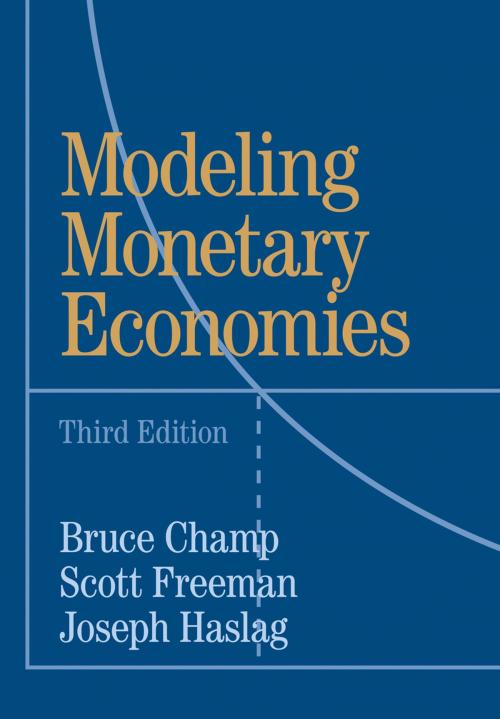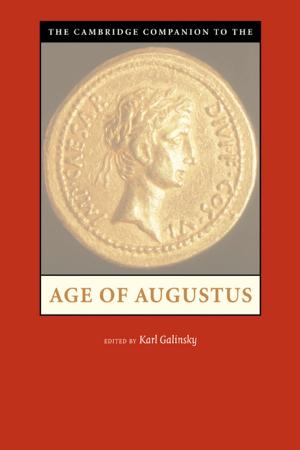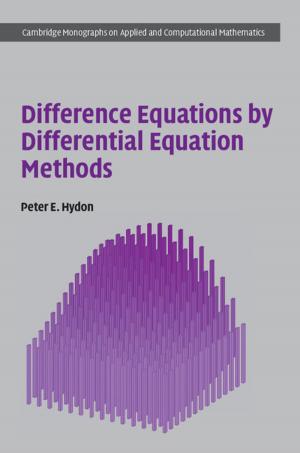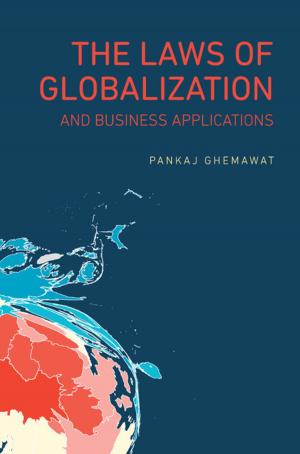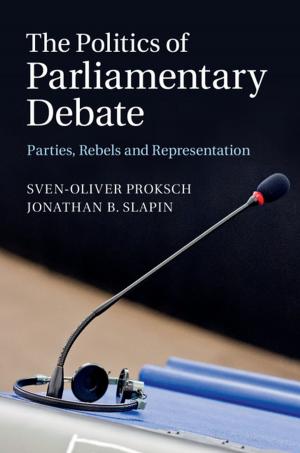| Author: | Bruce Champ, Scott Freeman, Joseph Haslag | ISBN: | 9781107486980 |
| Publisher: | Cambridge University Press | Publication: | May 9, 2011 |
| Imprint: | Cambridge University Press | Language: | English |
| Author: | Bruce Champ, Scott Freeman, Joseph Haslag |
| ISBN: | 9781107486980 |
| Publisher: | Cambridge University Press |
| Publication: | May 9, 2011 |
| Imprint: | Cambridge University Press |
| Language: | English |
This textbook is designed to be used in an advanced undergraduate course. The approach of this text is to teach monetary economics using the classical paradigm of rational agents in a market setting. Too often monetary economics has been taught as a collection of facts about existing institutions for students to memorize. By teaching from first principles instead, the authors aim to instruct students not only in the monetary policies and institutions that exist today in the United States and Canada, but also in what policies and institutions may or should exist tomorrow and elsewhere. The text builds on a simple, clear monetary model and applies this framework consistently to a wide variety of monetary questions. The authors have added in this third edition new material on money as a means of replacing imperfect social record keeping, the role of currency in banking panics and a description of the policies implemented to deal with the banking crises that began in 2007.
This textbook is designed to be used in an advanced undergraduate course. The approach of this text is to teach monetary economics using the classical paradigm of rational agents in a market setting. Too often monetary economics has been taught as a collection of facts about existing institutions for students to memorize. By teaching from first principles instead, the authors aim to instruct students not only in the monetary policies and institutions that exist today in the United States and Canada, but also in what policies and institutions may or should exist tomorrow and elsewhere. The text builds on a simple, clear monetary model and applies this framework consistently to a wide variety of monetary questions. The authors have added in this third edition new material on money as a means of replacing imperfect social record keeping, the role of currency in banking panics and a description of the policies implemented to deal with the banking crises that began in 2007.
